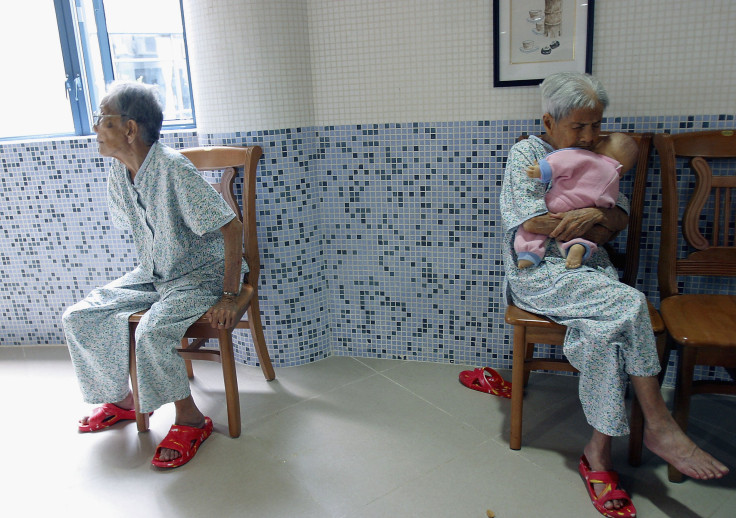Reduce Dementia Risk By Following This Routine, Says WHO
Dementia is a public health problem that affects over 50 million people across the globe. As of now, there is no effective treatment for this illness.
The best way to reduce the risk of this rapidly-growing disease is to maintain a healthy lifestyle, says World Health Organisation (WHO) in its new guideline.
In the guideline, the organisation says people can delay the onset of dementia by eating healthy, exercising regularly, controlling their weight, maintaining healthy blood pressure, blood sugar and cholesterol levels, cutting down the intake of harmful alcohol, and avoiding smoking.
“In the next 30 years, the number of people with dementia is expected to triple. We need to do everything we can to reduce our risk of dementia. The scientific evidence gathered for these Guidelines confirm what we have suspected for some time, that what is good for our heart, is also good for our brain,” Dr Tedros Adhanom Ghebreyesus, Director General of WHO, said in a statement.
The international health body also said that 10 million cases of dementia are reported annually from across the globe. This disease is also becoming a major reason for dependency and disability among older people.
Moreover, this public health problem can lead to numerous brain injuries and disease, like stroke and Alzheimer’s. So, it is important to help prevent dementia by encouraging people to lead a healthy lifestyle.
WHO also stresses on the importance of following a Mediterranean diet in their 78-page report.
“The Mediterranean diet is the most extensively studied dietary approach, in general as well as in relation to cognitive function. Several systematic reviews of observational studies have concluded that high adherence to the Mediterranean diet is associated with decreased risk of mild cognitive impairment and Alzheimer's Disease, but modest adherence is not,” the report states.
Moreover, the organisation also urged people to reduce the intake of dietary supplements, like antioxidants, B vitamins and omega-3.
The new guideline to reduce the risk of dementia even highlighted the importance of being socially active. According to the report, individual well-being and good health is strongly associated with social support and social participation.

© Copyright IBTimes 2025. All rights reserved.




















